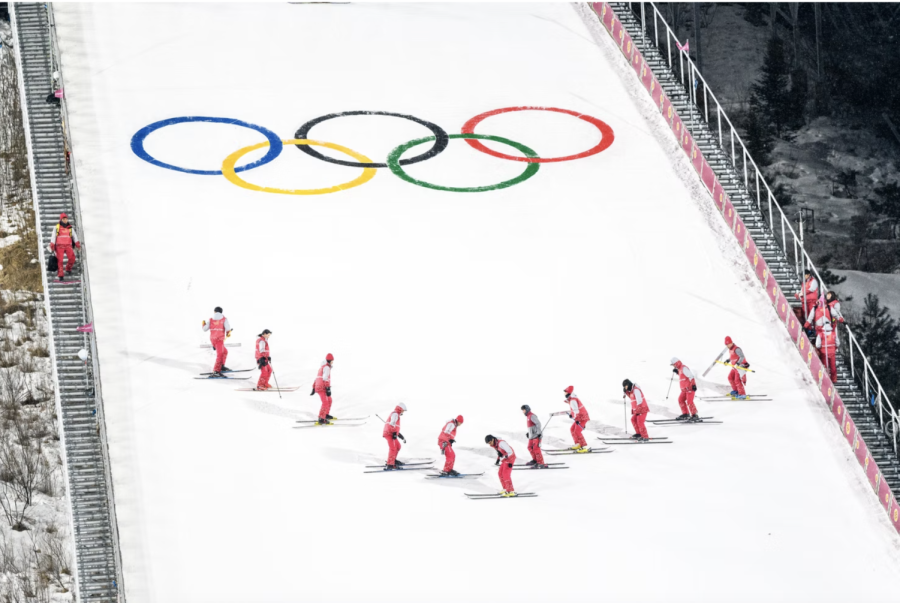From Past to Present: The Winter Olympics
From the original Olympic Games in ancient Greece to Winter Sports Week in 1924, the history of the Winter Olympics is long and fascinating
The 2022 Winter Olympics have just begun. As elite athletes compete in Beijing, China on what is arguably the world’s biggest stage, let’s revisit the history of this global event.
According to History, the very first winter games were held in 1924 in Chamonix, France. The Summer Olympics already existed; the first Olympic Games were held by the International Olympic Committee (IOC) in 1896. According to Britannica, the event was inspired by an ancient athletic festival held in Olympia, Greece from 800 BC to 300 AD.
The first Winter Olympics, however, was actually named “Winter Sports Week.” The success of the event, which drew 10,000 paying spectators, led the IOC to rename the event the “Olympic Winter Games” two years later in 1926.
About 250 athletes representing 16 nations competed in 16 different events. During this time, women were only allowed to compete in one of the events (figure skating), and 11 women ultimately competed. Some of the other events in which men competed were bobsledding, curling, hockey, military patrol, and speed skating.
According to History, although the Winter Olympics still remains significantly smaller in size than the Summer Olympics, the event has grown considerably over the years. The most recent Winter Olympics included around 2,800 athletes competing in more than 102 events at the 2018 Winter Games in Pyeongchang, South Korea.
The Winter Olympics occur every four years, two years apart from the Summer Olympics, which most recently took place in Tokyo, Japan this past summer (2021) after being postponed by the COVID-19 pandemic. Now, in 2022, both seasoned veterans and new talents will vie for gold in this year’s Winter Olympics.
This year’s Winter Olympics, however, are mired in a larger diplomatic controversy. According to The Wall Street Journal, the United States has issued a diplomatic boycott against the Beijing Winter Olympics. American athletes will still compete, but the United States is not sending an official delegation of leaders to the Winter Olympics.
The reason behind the boycott is alleged human rights abuse perpetrated by the Chinese government. This includes the Chinese government’s treatment of the Xinjiang region’s Muslim population, which have been forcibly assimilated through inhumane methods like mass internment camps and intense surveillance over the past few years.
According to The New York Times, many other countries have joined the diplomatic boycott as well, including Australia, Canada, Germany, the United Kingdom, Japan, and New Zealand.
Despite the diplomatic controversy, the athletic competitions at the heart of the Olympics will continue as planned. Olympics reports that during the 2022 Winter Olympics, there will be a new mixed ski jumping event. Instead of being only women or only men, mixed team events are required to include two male and two female athletes in order to be eligible for competition.
Mixed team events have been a part of the Winter Olympics after they were first introduced in the Youth Olympic Games in 2010. The 2022 Winter Olympics will include nine mixed team events.
As the Winter Olympics begin, let’s celebrate the almost-century long history of this global competition between the world’s best athletes.

































